BERN – Switzerland is ninth in the world ranking of countries where press freedom is best. It gained three positions compared to last year, but not thanks to itself, but rather due to the descent in the special ranking of three companies that preceded it. Therefore, not a real improvement, in fact the number of points obtained by Switzerland on all five indicators used is actually in a very slight decline.
Reporters Without Borders (RSF) said this on the occasion of World Press Freedom Day.
Our country had experienced a worsening of conditions in this regard during Covid. In fact, in that period there had been “unprecedented verbal and sometimes physical attacks against them”, in particular during demonstrations against the anti-Covid measures, explains RSF.
Now, Switzerland sits ninth in the Nordic-led ranking, with Norway first for the eighth consecutive year, ahead of Denmark, Sweden, the Netherlands and Finland. It gained three positions due to the worsening conditions of Lithuania, East Timor and Liechtenstein, which were ahead of it.
Five indicators are used to draw up the ranking. In particular, for our country the legislative framework appears penalizing and not capable of sufficiently protecting journalists, due to the risks of punishment in the event of disclosure, for example of banking documents, and the difficulty, despite the law on transparency, in having access to documents held by the administration and abusive legal proceedings brought against the media or NGOs with the aim of silencing critical voices. In fact, if only the legislative criterion is considered, Switzerland even slips to 27th place.
The situation of journalists is also worsening from a socio-cultural point of view, an index which measures in particular the denigration and attacks on the press based on issues of gender, class, ethnic origin or religion. Indeed, our country goes from 4th to 11th place.
In short, in conclusion, although the position in the general classification improves, there is little to be happy about. Commenting on the data, Stephanie Vonarburg, Vice President and Head of Media at the syndicom union, said: “Media professionals and press freedom are under severe pressure. Journalists in war zones like Gaza are in danger. It is necessary also intervene in Switzerland. The legal framework for journalists has deteriorated and companies increasingly threaten to sue to intimidate the media. As a result, media professionals avoid critical investigations and the public is less informed about relevant events politicians have a duty to take measures to protect media freedom and media professionals.”
In particular, syndicom points out that “over the last two years, Parliament has repeatedly worsened the legal framework for media professionals and overlooked possible improvements. For example, the Civil Procedure Code has been tightened and the Banking Law continues to hinder freedom of investigation. This leads the media to avoid critical issues and investigations because they find themselves threatened by publication bans, fines and sanctions”, as well as “several intimidating legal actions (so-called SLAPPs – Strategic Lawsuits Against Public Participation ) have been brought by financially powerful companies and actors against Swiss NGOs to prevent them from investigating human rights abuses, corruption or environmental pollution. Journalists and NGOs are thus being pushed into financial ruin and self-censorship they can no longer make their important contribution to democracy.” in fact, what is also underlined by RSF in its analysis.






